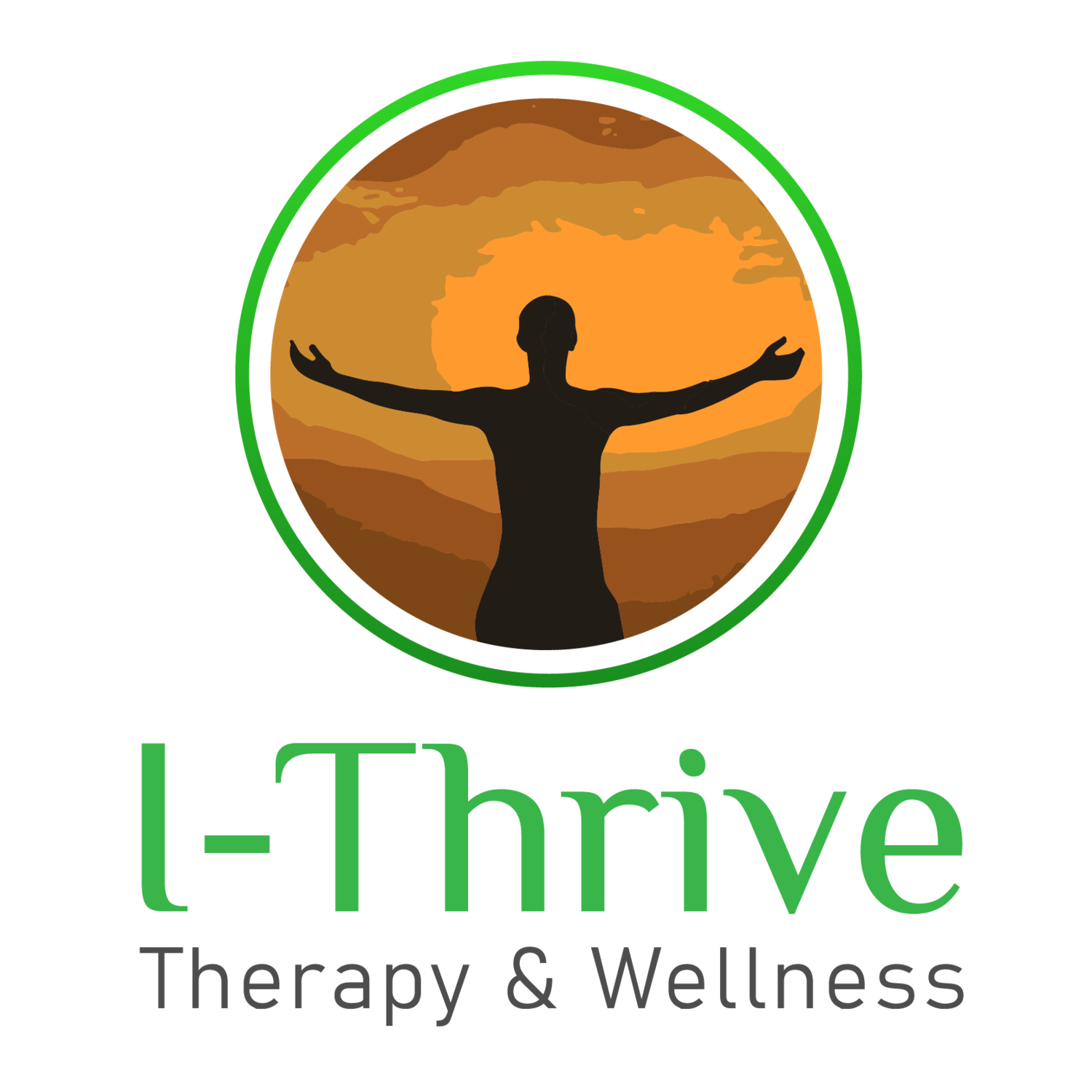WHY YOU ARE NOT MATURING EMOTIONALLY AND WHAT YOU CAN DO ABOUT IT
Emotional maturity is a crucial aspect of each of our personal growth and well-being, yet many
of us (if you take the time to reflect) may realize that we are stuck. Many of us are unable to
progress emotionally, finding ourselves often angry, defensive, shutting down or quick to react.
If you feel like you are not maturing emotionally, know that you are not alone!
Here are some reasons why this may be happening…
1. YOU AVOID DIFFICULT EMOTIONS
Maturing emotionally involves confronting and processing difficult emotions, sometimes
through difficult conversations or through difficult activities that bring awareness to those
emotions. If you constantly avoid or shy away from feelings of anger, sadness, fear or overall
just being vulnerable, it can stunt your emotional growth. Avoidance simply causes issues to
persist. Avoidance keeps you from understanding and learning.
2. YOU LACK SELF AWARENESS
Self-awareness would be the foundation of emotional maturity and emotional intelligence.
Without a clear understanding of your OWN thoughts, feelings, and behaviors, and how they
are interconnected, you cannot challenge yourself and you will have a difficult time
empathizing with others. This will likely make you feel like you are always the victim in
situations.
3. YOU BLAME OTHERS
Now, of course, others are sometimes to blame. Sure. But always? Being emotionally mature,
means you know when and (even though it may not feel good) you are willing to take
responsibility for your actions and your own feelings. If you often find yourself blaming the
world around you for your emotional state, you may not be spending enough time looking
inward and challenging your own choices.
4. YOU ARE EXTREMELY COMFORTABLE
…and you are stuck there! Growth happens outside of our comfort zone. If you always stick to
what is familiar and what is safe, you are limiting your growth. New challenges can be scary
indeed, no doubt about that. However, new challenges, and new spaces, push you to learn,
adapt, and … grow!
5. YOU DON’T SET BOUNDARIES
Healthy boundaries come with emotional maturity. If you struggle to say “no” or often feel
overwhelmed by the demands of others, you may not be setting enough boundaries, or better
yet, you may not be setting the RIGHT boundaries. Boundaries protect your well-being.
Boundaries protect others from harming the well-being of other people. It’s okay to prioritize
your needs.
Here are some things you can begin to do…
1Allow yourself to experience emotions and do so without judgment. Sure, others may
judge how you feel. But this is not about them. This is about you.
Engage in self-reflection regularly. Going to therapy can assist with this. Helping you
look at your patterns and your behaviors. Be curious about you. Not just others.
Practice accountability, by taking a moment to look at your role in any situation. Reflect
on what you can control, not how others may respond to it, but what you can control.
Challenge yourself to do something different, something outside of your comfort zone.
And it is okay to start small. A new activity, a new restaurant, a new show, a new book, a
new language. Embrace change.
Set boundaries and communicate them early. Communicating boundaries that others
have broken time and time again will likely be followed by anger and resentment. This
gets in the way of relationships. Speak up. Speak up early. Give the other person a
chance to respect your boundaries. And if they do not. Set the next appropriate
boundary.

